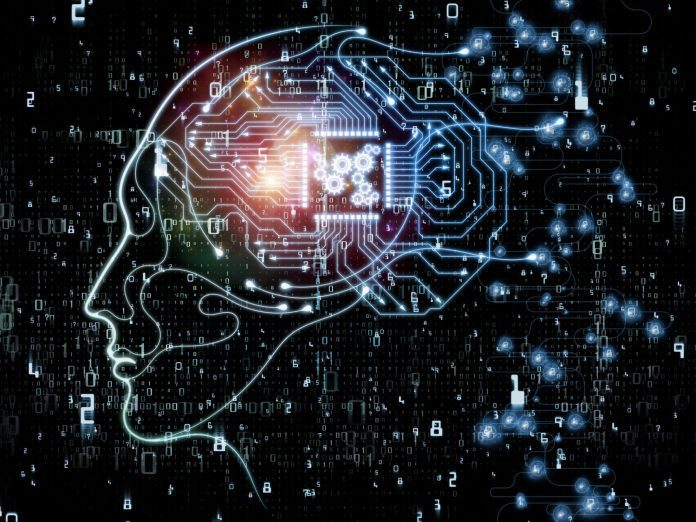AI, combined with the main capabilities of 5G technology can provide greater improvements in the manufacturing process
Some of the current capabilities of artificial intelligence (AI) include speech, image and video recognition, autonomous objects, natural language processing, conversational agents, prescriptive modeling, augmented creativity, smart automation, advanced simulation, as well as complex analytics and predictions.
Some of these capabilities are enabling improvements in the field of manufacturing, and combined with 5G implementations, AI could offer tangible benefits for manufacturing operations.
In a research report, Capgemini noted that in the context of 5G manufacturing operations, the main AI use cases are centered around the following technologies:
- Machine learning: The ability of algorithms and code to use data and automatically learn from its underlying patterns without being explicitly programmed.
- Deep learning: An advanced form of machine learning that uses artificial neural networks to analyze and interpret images and videos.
- Autonomous objects: Artificial agents – such as collaborative robots or autonomous guided vehicles – that can handle a task given to them on their own
Manufacturing firms already implementing AI to improve manufacturing processes
Japanese tire manufacturer Bridgestone is already using AI to improve its manufacturing processes. The firm introduced a new tire assembly system – call “Examation” – to improve the quality of its tires. This system provides automatic control of quality assurance in the production process. The system is equipped with an artificial intelligence tool that uses sensors to measure the characteristics of individual tires based on 480 quality items. This system uses this information to control production processes in real time, ensuring that all components are assembled under ideal conditions. This system helps promote ultra-high levels of precision in tire manufacturing, resulting in an improvement of more than 15% in uniformity when compared to a conventional manufacturing process.
Food products company Danone, meanwhile, uses machine learning to predict demand variability and planning. This capability improved its forecasting process and led to more efficient planning between different functions, such as marketing and sales. It has led to a 20% reduction in forecast error and a 30% reduction in lost sales.
What are the main use cases of AI in the manufacturing field?
According to Capgemini, the three main uses cases of AI in the manufacturing field are intelligent maintenance, product quality inspection and demand planning.
Capgemini believes that intelligent maintenance of plant machinery and equipment is the “low hanging fruit” of AI adoption across industries. Beyond minimizing downtime, AI-enabled intelligent maintenance also reduces maintenance costs and increases productivity. Intelligent maintenance can predict when machines are likely to fail and recommend optimal times to conduct maintenance. Intelligent maintenance can also explore causes and identify drivers of machine downtime to prevent future breakdowns as well as minimize production losses and maximize OEE (overall equipment effectiveness).
Meanwhile, product quality inspection allows manufacturing firms to effectively deal with the stringent regulatory environment that exists in segments such as automotive and consumer products. In particular, it is helpful with regulations around product specifications and compliance. German car maker Audi has installed an image recognition system based on deep learning at its Ingolstadt press shop. Several cameras installed directly in the presses capture images of pressed sheet metal. The images are then analyzed by the AI system to identify even the finest cracks on the metal sheets.
According to the Capgemini report, AI-enabled quality inspection is being increasingly adopted to identify defects in parts and/or finished products, ensure that assembly operations are being executed properly, automatically track and document product quality, reduce manual intervention and errors in quality checks and increase scale and scope of quality inspection.
AI also enables a third use case which is demand planning. Manufacturers are using machine learning to predict changes in consumer demand as closely as possible. This means they can make the necessary changes to production schedules and raw material procurement. Better forecasting offers several benefits for manufacturing firms including better client service and inventory reduction, among others.
For more 5G manufacturing content, check out the following:
- What is 5G manufacturing and what does it mean for productivity?
- Top 5 5G manufacturing use cases
- Three 5G manufacturing case studies: Audi, Haier, Bosch
- What’s the role of a digital twin in smart manufacturing?
- 5G manufacturing use case spotlight: Automated guided vehicles
- 5G manufacturing use case spotlight: Real-time video analytic
- How to improve Overall Equipment Effectiveness with 5G
- 5G manufacturing use case spotlight: Additive manufacturing
- What is lean manufacturing and how can 5G help?
- Top 5 5G manufacturing use cases

